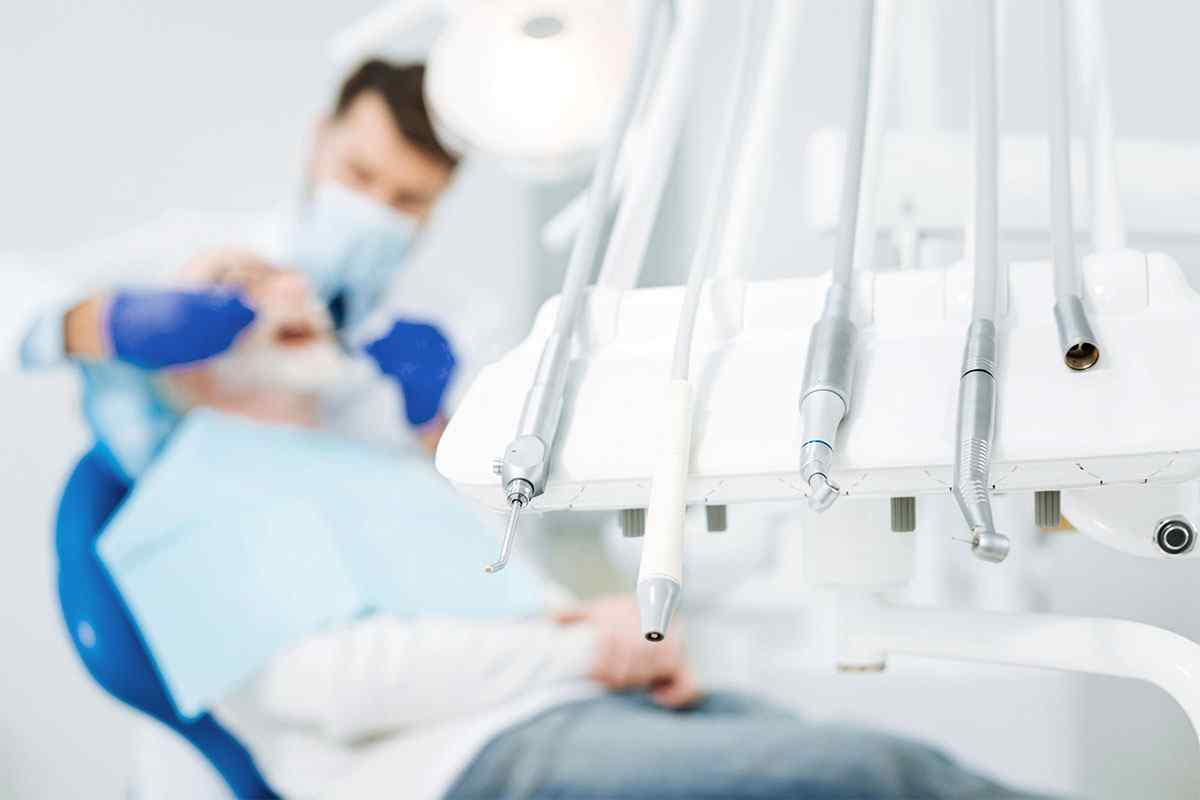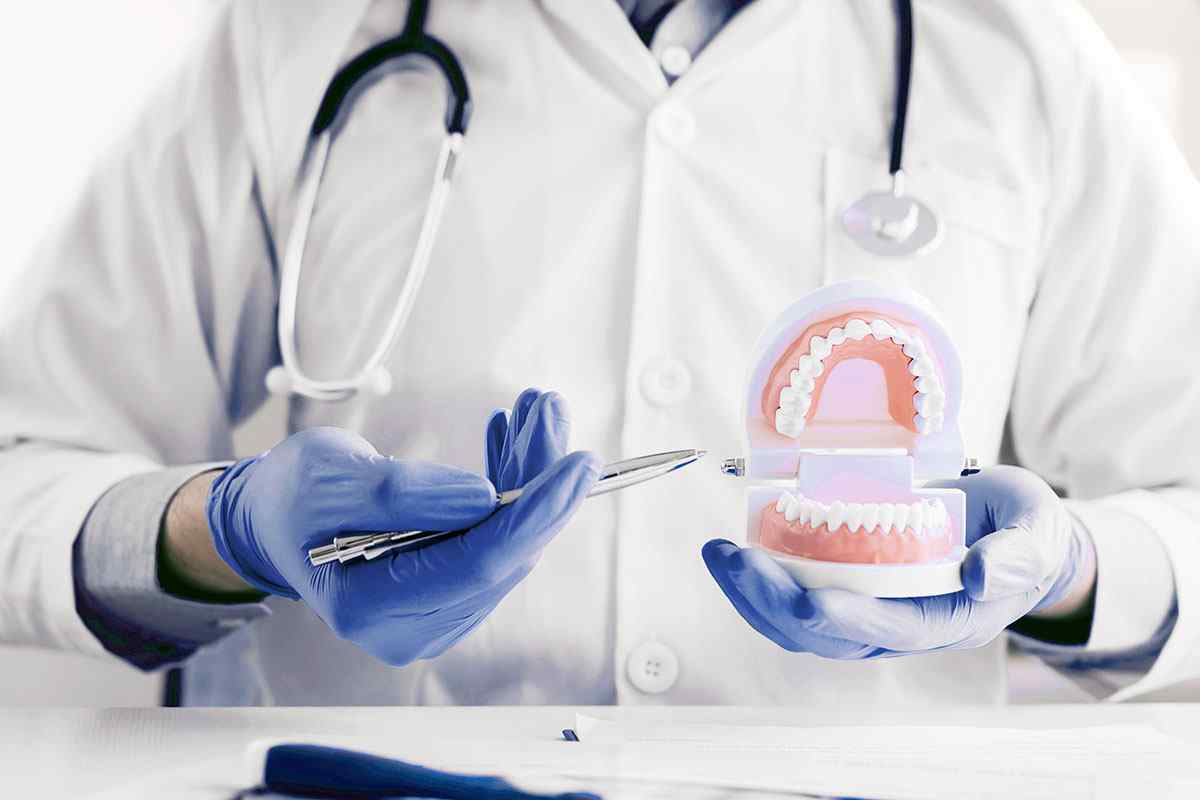What to know about
Wisdom Teeth extraction
A wisdom tooth extraction is the removal of your wisdom tooth from its socket in the bone. It is typically performed by an oral surgeon. Your third molars, or wisdom teeth, are the last set of permanent molars to emerge. If you’re scheduled for wisdom tooth extraction, here are some important things to know:
- Procedure: Wisdom tooth extraction is typically an outpatient procedure that is performed by a dental surgeon under local anesthesia. In some cases, general anesthesia may be used. The procedure involves making an incision in the gum tissue, removing any bone that is blocking the tooth, and then extracting the tooth.
- Recovery: After the procedure, you may experience some pain and swelling in the affected area. Your dental surgeon will provide you with instructions on how to care for the site and manage any discomfort. It is important to follow these instructions carefully to ensure a speedy recovery.
- Complications: Although wisdom tooth extraction is a common and safe procedure, there are some risks involved. Complications may include infection, dry socket, nerve damage, and bleeding. It is important to discuss these risks with your dental surgeon and follow all post-operative care instructions to reduce the likelihood of complications.
- Diet: For the first few days after the procedure, you may need to stick to a soft diet to avoid irritating the extraction site. This may include foods like soup, yogurt, and mashed potatoes. You should also avoid smoking and drinking through a straw, as these activities can increase your risk of complications.
- Follow-up: It is important to attend any follow-up appointments with your dental surgeon to ensure that the extraction site is healing properly. They may also recommend further treatment or medications if necessary.
What to expect during your Wisdom Teeth Extraction procedure?
If you’re scheduled for wisdom teeth extraction, you may be wondering what to expect. Our team will walk you through the entire process and answer any questions you may have. We’ll also provide you with instructions for post-procedure care to help ensure a speedy recovery.
Before your wisdom teeth are removed, you’ll go through a consultation and examination to determine the proper course of treatment. Fully-erupted wisdom teeth can be simply extracted like any other tooth, but in many cases, they will be only partially or not at all erupted, so the procedure will need to be more intensive.
In most situations where the tooth has not erupted completely, the extraction will be performed under IV sedation or using a local anesthetic with a sedative to keep you relaxed and comfortable. An incision will be made in the gum over the tooth, and a portion of the bone that covers the impacted wisdom tooth will be removed to allow access. The tooth will be removed in sections if necessary to minimize the disturbance to your jawbone. The procedure will then be repeated as necessary for your other wisdom teeth.
Are you experiencing pain or discomfort in the back of your mouth? Your wisdom teeth may be the cause. Our Dental Clinic specializes in Wisdom Teeth Extraction, and we can help you find relief from your symptoms. Give us a call or book an appointment today.
Trust our skilled dental team for your Wisdom Teeth Extraction
At our dental clinic, we have a team of highly skilled and experienced dental professionals who specialize in wisdom teeth extraction. We use the latest techniques and technology to ensure that your procedure is safe, effective, and as pain-free as possible.
What are Wisdom Teeth?
Wisdom teeth are the third and final set of molars that typically emerge in the late teenage years or early twenties. They are located at the back of the mouth, behind the second molars, and are the last teeth to erupt. Most people have four wisdom teeth, but some may have fewer or none at all. While they can be useful for chewing in some cases, wisdom teeth often cause problems such as overcrowding, impaction, infection, and damage to surrounding teeth, which may require them to be extracted by a dental professional.
Why Wisdom Teeth Extraction is necessary?
While not everyone experiences problems with their wisdom teeth, for many people, they can cause pain, infection, and even damage to adjacent teeth. In some cases, leaving your wisdom teeth in place can even lead to more serious health issues. That’s why it’s important to have them extracted by a qualified dental professional.
When should I remove my Wisdom Teeth?
In most cases, wisdom teeth removal becomes necessary due to impaction. Lack of space prevents them from fully entering the mouth, leading to infections, damage to surrounding teeth and bone, pain, and in some cases even tumors or cysts. Even in cases when they do erupt partially or fully, the crowding caused by these unnecessary third molars often leads to infections. These problems are so common that over 85% of adults eventually need to have their wisdom teeth removed.
Potential issues related to Wisdom Teeth includes:
- Pain caused by the wisdom tooth getting trapped within the jawbone
- Tooth causes periodontal disease of the gums
- Tooth decay of an embedded partially erupted wisdom tooth
- Damage to connected teeth
- Orthodontic problems with jaw and tooth alignment
Take Action to Find Relief from Your Wisdom Teeth Pain
Don’t let your wisdom teeth cause you any more pain or discomfort. Schedule your extraction with our dental clinic today and take the first step towards feeling better. Our friendly staff is ready to help you get the care you need.
Facts about Wisdom Teeth
Wisdom teeth removal is one of the most commonly performed oral surgeries, with over 10 million wisdom teeth extractions performed in the United States each year, according to the American Public Health Association.
According to the American Association of Oral and Maxillofacial Surgeons, approximately 85% of people will need to have their wisdom teeth removed at some point in their lives.
Wisdom teeth can come in at random angles, an impacted wisdom tooth may push other straight teeth in different directions, creating a set of problems by altering the alignment of normal, healthy teeth and needed teeth.
Wisdom teeth can cause lots of pain so the earlier you resolve the issue the better. That’s why being proactive rather than reactive will ensure that you will have an easier recovery time and that no other healthy teeth are affected eliminating additional procedures.
Comprehensive
Dental Office in Hollywood FL
Emergency Dentist
Any dental problem that needs immediate treatment is considered as a dental emergency.
Dental Implants
A dental implant is an artificial tooth root that is placed into your jaw to hold a replacement tooth or bridge.
Orthodontics
Orthodontics can protect your bite and maximize your teeth’s effectiveness in performing their functions.
Teeth Whitening
Teeth whitening solutions are perfect to help reinvigorate a smile tainted by discoloration or stains.




